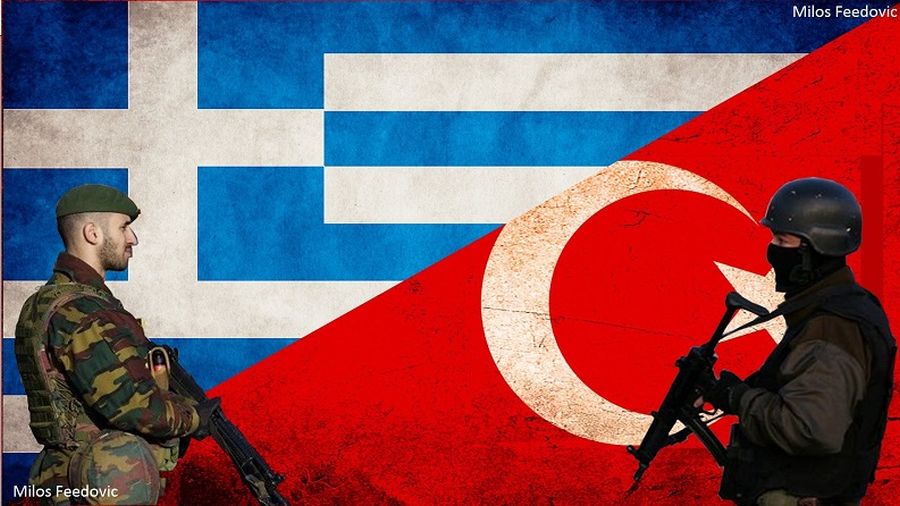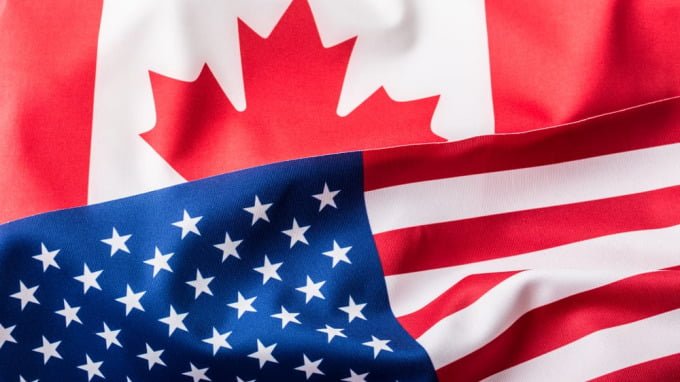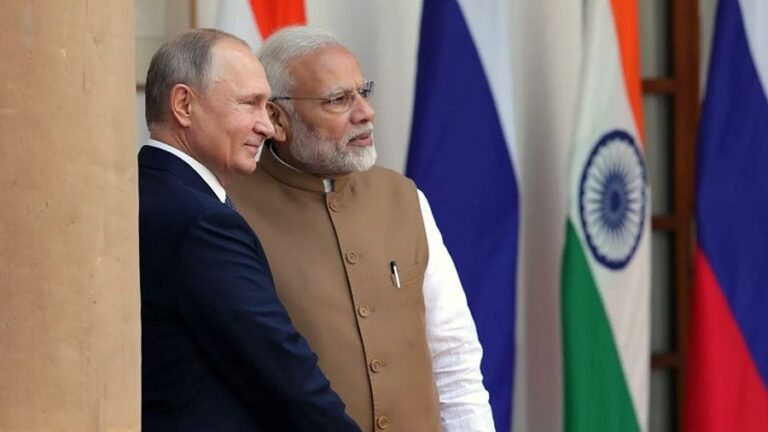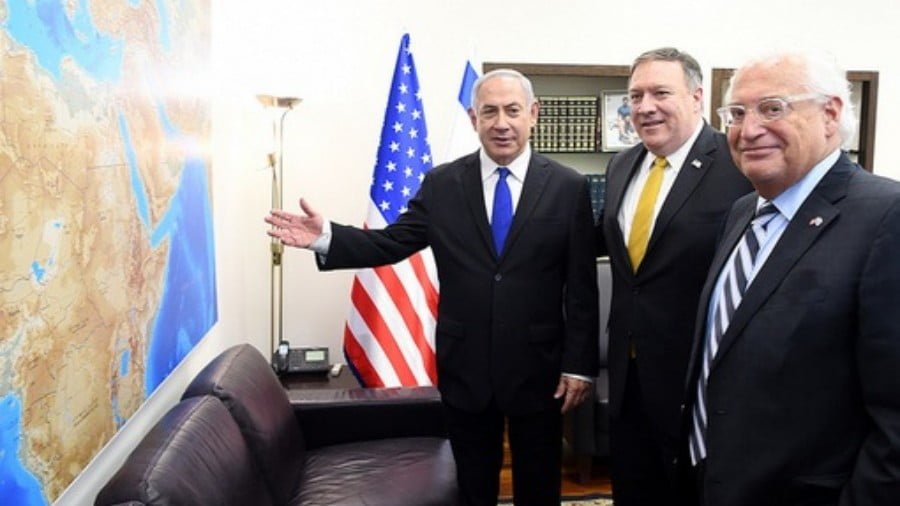How Are France and Russia Influencing the Greek-Turkish Rivalry?
The common denominator driving France and Russia’s newly enhanced military partnerships with rivals Greece and Turkey respectively is those two Eastern Mediterranean countries’ concerns about their shared American ally’s reliability.
France and Russia are playing important roles when it comes to influencing the Greek-Turkish competition in the Eastern Mediterranean. That second pair of states are both NATO members yet routinely accuse one another of regional provocations related to their respective territorial claims. Greece also believes that Turkey’s maritime border agreement with Libya last year infringes on its sovereignty. The two neighboring nations have polar opposite approaches to resolving nearby Cyprus’ frozen conflict too. It’s within this tense context that France is enhancing its military relations with Greece while Russia does the same with Turkey.
France and Greece signed an approximately €3 billion naval defense deal earlier this week for Paris to equip Athens with three frigates. There’s also a clause obligating the two countries to assist one another if they come under attack. Greek Prime Minister Kyriakos Mitsotakis said that he doesn’t desire an arms race with Turkey but also voiced concern about whether NATO’s Article 5 mutual defense clause would apply if one member attacks the other. This suggests that the explicitly stipulated French-Greek mutual defense axis within NATO is partially driven by fears that the bloc’s American leader might not rush to Athens’ rescue if it clashes with Ankara.
While this was happening, Turkish President Recep Tayyip Erdogan met with his Russian counterpart Vladimir Putin in Sochi. The Kremlin’s official readout of their welcoming remarks notes that both leaders praised the excellent state of relations between them. The New York Times then published an interview with the Turkish leader conducted the week prior where he defended his country’s acquisition of S-400 air defense systems that triggered US sanctions. The Middle East Eye reported that President Erdogan told reporters on the flight back from Sochi that his country will work closely with Russia on space, jet engines, submarines, and warships.
Turkey’s pursuit of a balanced foreign policy between its traditional NATO partners and Russia is motivated by its concerns about the US-led bloc that are somewhat similar to Greece’s. President Erdogan has condemned his American ally on numerous occasions for arming Syrian Kurdish groups that his government considers to be terrorists. Turkish officials also hinted that the US might have played a role in the failed summer 2016 coup attempt. They blame Fethullah Gulen for organizing it and believe that he couldn’t have done this without America at the very least having been aware of it ahead of time since he’s based in that country.
The common denominator driving France and Russia’s newly enhanced military partnerships with rivals Greece and Turkey respectively is therefore those two Eastern Mediterranean countries’ concerns about their shared American ally’s reliability. Although former US Presidents Barack Obama and Donald Trump seemed to be closer to Greece than to Turkey just like incumbent US President Joe Biden appears to be, Athens still suspects that Washington wouldn’t resolutely defend it if there was a clash with Ankara because of the far-reaching geostrategic consequences that might accompany that scenario.
From the opposite perspective, Turkey suspects that the US is trying to undermine its financial and national security through economic means and the arming of Syrian Kurdish groups in order to pressure the country into reversing its increasingly independent foreign policy. Prime Minister Mitsotakis’ announcement earlier this week that “We’re about to sign…a new five year mutual defense and cooperation agreement with the United States” suggests that the US might seriously support Greece against Turkey if those two clash. This could have influenced Turkey to accelerate the improvement of ties with Russia, especially in the military sphere.
To conclude, the US’ recent unreliability as an ally inspired Greece and Turkey to seek out more reliable military partners like France and Russia respectively in an attempt to restore the regional strategic balance between them and hedge against the scenario of America supporting their rival in a possible clash. The steps that the US is considering taking with Greece could tip the scales against Turkey and possibly even set the basis for repairing relations with France that were unexpectedly damaged by mid-September’s surprise AUKUS alliance. In response, Turkish-Russian military ties are expected to expand in parallel in order to retain the regional balance.







